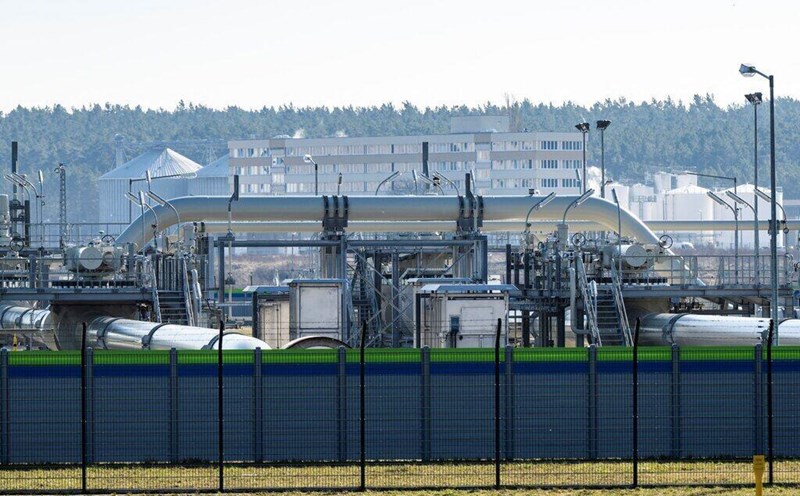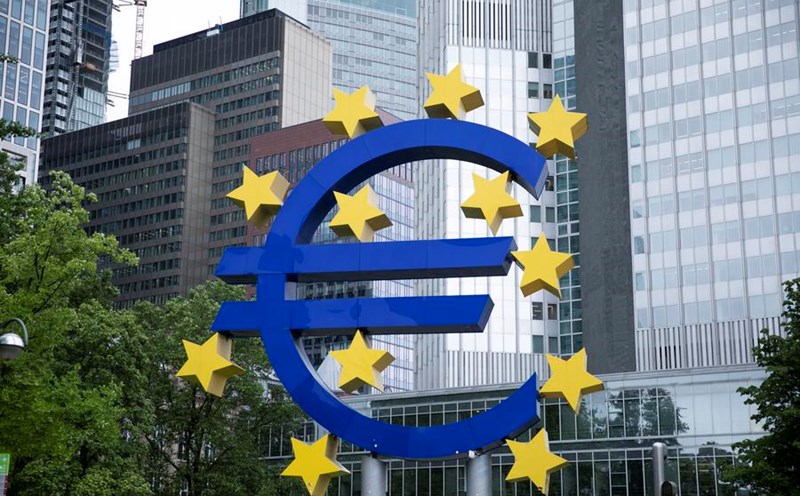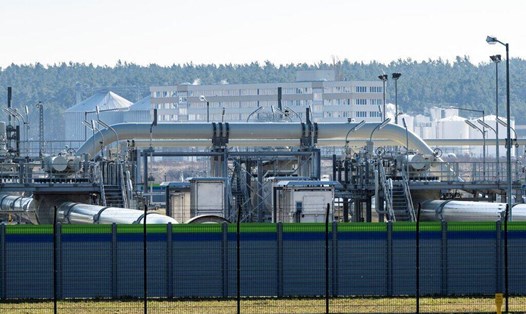Recently, Russian Foreign Minister Sergei Lavrov confirmed that Moscow is in talks with Washington about putting the Nord Stream pipeline back into operation.
However, on closer inspection, reopening the Russian gas pipeline system across the Baltic Sea to Germany seems difficult to do in practice, the Atlantic Council said.
First, there are legal barriers to reviving the Nord Stream system, especially Nord Stream 2. The 2024 European Union (EU) Gas Directive includes checking supply security with non-EU owners, which is clearly a problem for Russian oil giant Gazprom.
The second obstacle is civil damage. There are a series of billion-dollar compensation requests for Gazprom for refusing to supply Russian gas to long-standing customers during the energy crisis in 2021-2022. Therefore, investing in Nord Stream will be meaningless if the revenue from the revival of this pipeline is retained by former Gazprom customers.
In addition, if China continues to impose tariffs on US liquefied natural gas (LNG), US producers may want to remove Russian gas from the EU market. This could affect the decision-making of the Trump administration's move on Nord Stream.

In the United States, the main character promotes the reboot of Nord Stream as businessman Stephen Lynch. He especially focused on putting into the Nord Stream 2B pipeline - one of the two branches of Nord Stream 2 remained intact after the September 2022 explosion. The remaining branch repair of the pipeline between Russia and Germany is expected to cost nearly 700 million USD.
If Nord Stream is revived, the general trend is to start from the intact branch of the Nord Stream 2 pipeline. The fundamental legal problem is that Nord Stream 2 has never been licensed under German or EU law.
The 2024 EU gas directive imposes two requirements for pipeline owners. First, the owner must prove that he/she is not a gas supplier. Second, non-EU owners must prove that they will not endanger the energy or overall security of the EU or any member country of the bloc.
With these conditions, the proposal of American businessman Lynch is in accordance with EU law. A US-owned gas pipeline is likely to be certified higher than Russia's Gazprom. US investors who own pipelines but do not supply gas could bypass the second requirement in the EU gas directive.
For the proposal to restore Nord Stream to be effective, the buying and selling must be done completely independently, not related to Russian money or relations with Russia.
The EU gas directive has a very broad regulatory framework on mergers, emphasizing that any transaction lower than market prices or with the participation of Russia poses a risk of legal challenges in certifying new owners. Some EU member states will certainly issue challenges if there are any doubts about Russia's involvement after the pipeline is sold to the US.
Another important question to ask is: Is Gazprom - a company that has never been willing to sell its gas pipeline systems - ready to sell Nord Stream? Gazprom has spent half a decade searching for a license to operate Nord Stream 2, and Gazprom's abandonment of the project is unlikely.











